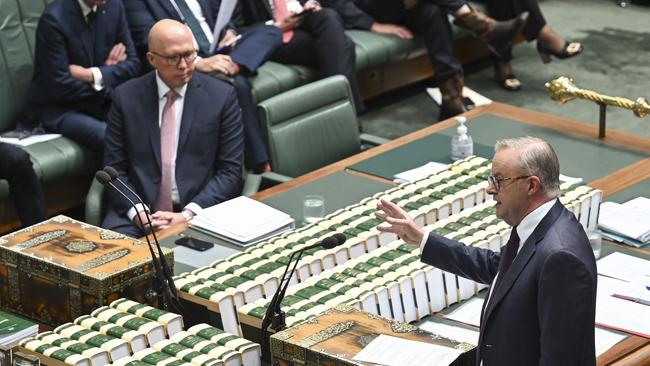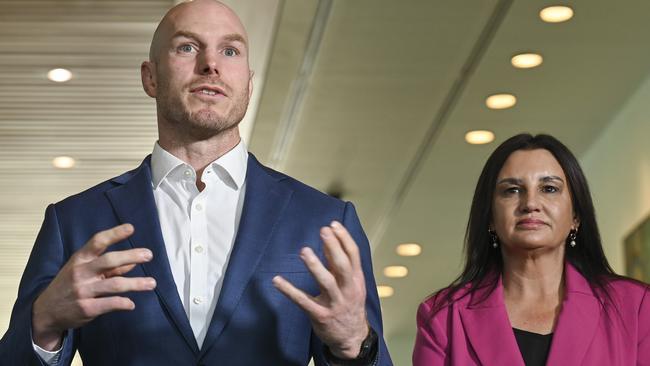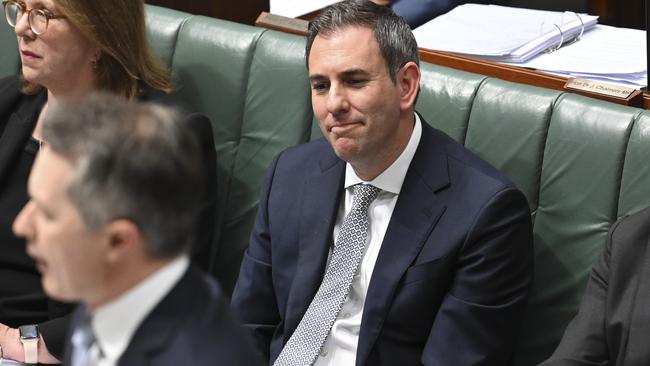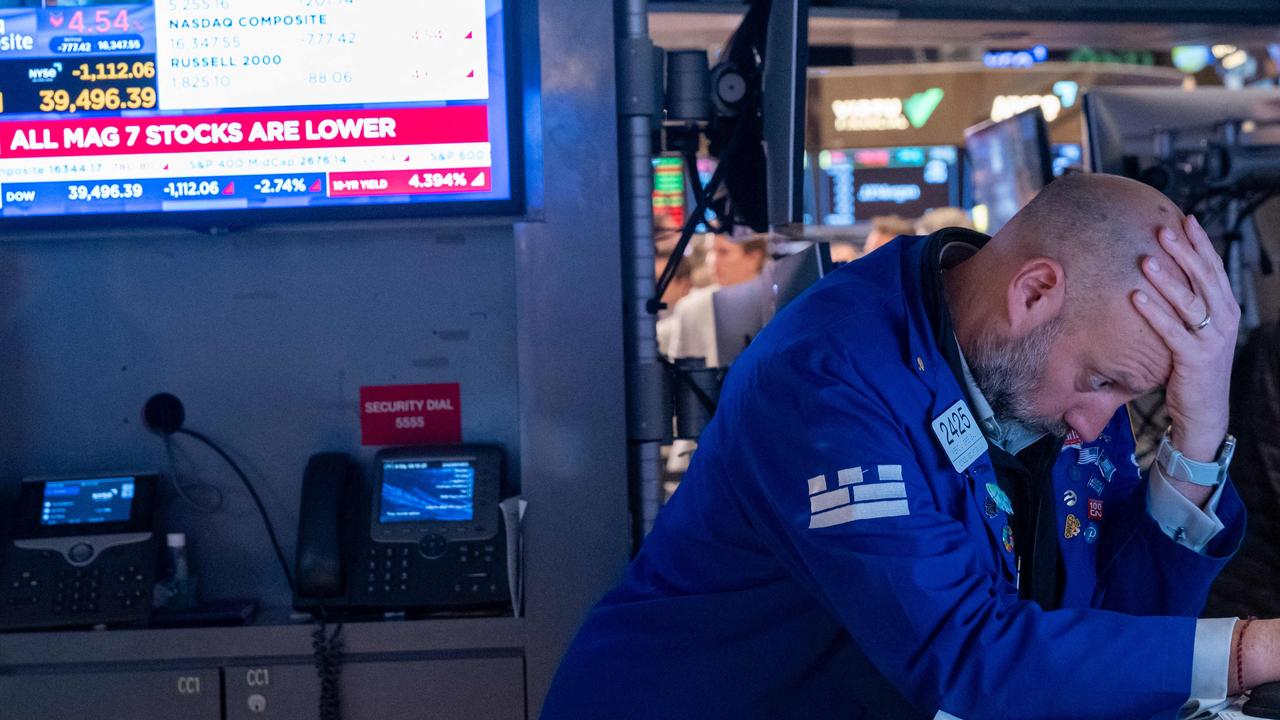Labor’s unfair superannuation tax set to fail after public pressure plus Teals and Independents


After every commentary, vast numbers of readers took the time, not just to offer support, but to add suggestions and highlighted other aspects of the looming government mistake.
Together we played a role in encouraging the Teals, and two independents in the House of Representatives plus two cross benches in the Senate – David Pocock and Jackie Lambie – to unite and publicly commit to join the Coalition in opposing the bill.
They are taking this stand in the national interest for the right reasons. Unless the government cements its head in the sand, revenue is not endangered because it is easy to amend the bill.

There is no opposition to the original thrust of the proposal which was to continue to tax all superannuation in the normal way, but for those with total superannuation balances exceeding $3m, the tax rate would be 30 per cent instead of 15 per cent. And for the proposal to be fair, and not infect vast numbers in middle Australia, the $3m had to be indexed to the CPI.
The government will have the numbers in the lower house, so the vote of Pocock and Lambie in the Senate becomes vital, assuming the other crossbenchers who have already indicated they would vote in the national interest hold their ground.
Pocock and Lambie will be put under extreme pressure to change and act against the national interest but given they have now publicly committed to act together with the Teals and the lower house independents. I think there is a very good chance that they will all hold their ground.
And with a touch of humour, there is already an abundance of bike tracks in Canberra, so a government offering more bike tracks in exchange for the superannuation vote will not succeed.
Jim Chalmers should be grateful because his is being forced to go back to his original proposal instead of looking after mates with connections to large funders of the ALP.

Sensible and fair superannuation taxing will not cause a budgetary shortfall.
Indeed, a properly constructed tax might in fact raise more money because it would be regarded as fair for people with more than $3m in superannuation.
A blatantly unfair tax would encourage superannuation members into tax reduction schemes, which over time would impact superannuation tax revenues.
If the bill is properly amended, many of those people will leave their funds in superannuation and pay the extra tax.
The amendments required to restore fairness are simple. Any person with funds in superannuation exceeding an indexed $3m who can calculate clearly (with properly audited accounts) their realised profits will be taxed at 30 per cent on the proportion of income that applies to amounts invested above an indexed $3m.
The methods of calculation do not change. There would be no tax on unrealised gains. Those that can’t provide that detail will be taxed at 30 per cent on unrealised against.
The detail is easy for self-managed funds but even for the retail and industry funds lumbered with poor accounting systems it would not be difficult to establish a separate fund for members with total funds above an indexed $3m that can invest the money in the way that the members dictate within the policies of a fund.
It’s important that the Teals, the independents and the Senate and crossbenchers do not throw in the towel on indexation. Without indexation, this becomes a tax on middle Australia and over time will greatly damage the superannuation movement.
In my recent comments, linked above and also including “Why Aussies are furious over tax on super balances over $3m”, I set out some of hidden Chalmers victims including:
• Around 17,000 small farmers who have their farms in the family superannuation fund. If the value of their farm rises, many will have to pay tax on that increased value by selling other assets or borrowing. States with many small farms, like Tasmania, will be the hardest hit.
• Small businesses, including farmers, have $88bn in direct investment commercial real estate. Usually it is the real estate used by their business. Like the farmers, if the value of their property rises, the family must find the cash to pay the tax on the unrealised gain. Selling the property is not an option unless they want to go out of business.
• Three years ago, there were 80,000 Australians with superannuation balances above $3m. That figure has now risen to around 100,000 – an annual growth rate of about 6 or 7 per cent.
• Retired public servants in defined benefit funds suddenly have a new tax using a calculation definition that is designed to be impossible to understand. They are furious.
Meanwhile, if sensible superannuation rules are established, it will remove from Peter Dutton one of the potential keys to the Lodge at next year’s election.





Today I want to congratulate my wonderful readers in The Australian. I have been writing regular articles pointing out the looming national disaster that would follow if we decided to create a world precedent by taxing superannuation on the basis of unrealised capital gains.